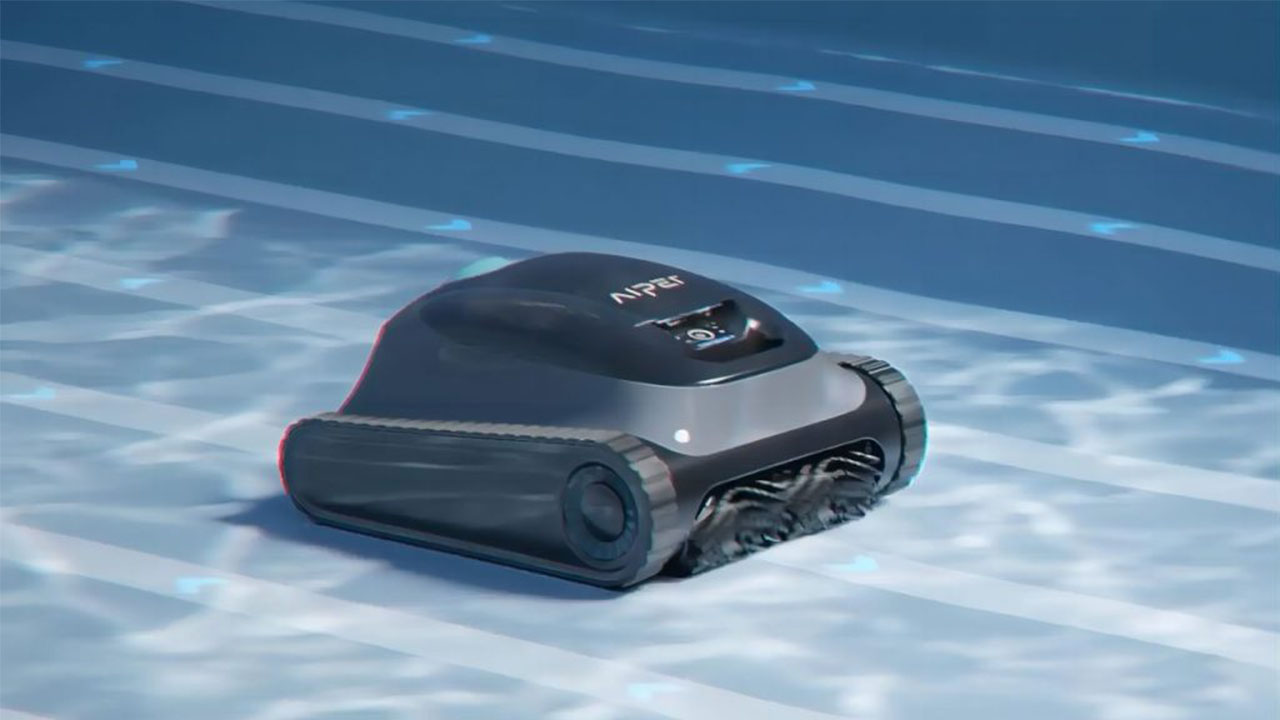Owning a pool can be a source of immense enjoyment, but it’s essential to consider its environmental impact. Traditional pool maintenance often relies on harsh chemicals and energy-intensive practices. However, with a few conscious changes, you can maintain a sparkling clean pool while minimizing your ecological footprint. This article explores practical eco-friendly pool maintenance practices that are good for the planet and your wallet.
1. Balancing Water Chemistry Naturally
- Reduce Chemical Dependence: While some chemicals are necessary, minimizing their use is key to eco-friendly pool care. Regular testing and proactive balancing can significantly reduce the need for large chemical adjustments.
- Alternative Sanitizers: Explore alternatives to traditional chlorine. Saltwater chlorine generators convert salt into chlorine through electrolysis, reducing the need for purchasing and storing chlorine tablets. Ozone and UV sanitizers are even more environmentally friendly, using natural processes to disinfect water. These systems often require lower chlorine levels, further reducing chemical use.
- Enzymes for Natural Cleaning: Enzymes are natural catalysts that break down organic contaminants like oils, lotions, and sweat. Using enzyme-based pool cleaners can reduce the need for harsh chemical shocks and improve water clarity.
- Phosphate Removal: Phosphates are a food source for algae. Regularly testing and removing phosphates can prevent algae blooms and reduce the need for algaecides.
2. Conserving Water
- Regular Leak Checks: Even small leaks can waste significant amounts of water. Regularly inspect your pool, plumbing, and equipment for leaks and repair them promptly.
- Reduce Splash-Out: Minimize splashing and rough play in the pool to reduce water loss.
- Use a Pool Cover: A pool cover is one of the most effective ways to conserve water. It reduces evaporation by up to 90%, saving thousands of gallons of water each year. Covers also help retain heat, reducing energy consumption for heating.
- Backwash Responsibly: Backwashing your filter is necessary, but it can waste a lot of water. Optimize your backwashing schedule and consider using a backwash recycling system to conserve water.
3. Energy Efficiency
- Variable Speed Pumps: Replace your single-speed pump with a variable speed pump. These pumps allow you to adjust the flow rate based on your needs, significantly reducing energy consumption. They can save up to 80% on energy costs compared to single-speed pumps.
- Efficient Heaters: If you heat your pool, choose an energy-efficient heater, such as a heat pump. Heat pumps use electricity to transfer heat from the air to the water, making them more efficient than gas heaters. Solar heaters are the most eco-friendly option, using the sun’s energy to heat the water.
- LED Lighting: Switch to LED pool lights. LEDs use significantly less energy than traditional incandescent or halogen bulbs and last much longer.
- Solar-Powered Equipment: Consider using solar-powered pool equipment, such as solar-powered robotic cleaners or solar-powered pumps for smaller water features.
4. Responsible Chemical Handling and Storage
- Proper Storage: Store pool chemicals in a cool, dry, and well-ventilated area, away from direct sunlight and other chemicals.
- Follow Instructions: Always follow the instructions on chemical packaging carefully. Use the recommended amounts and never mix different chemicals.
- Reduce Packaging Waste: Look for concentrated pool chemicals that require less packaging. Consider buying in bulk to reduce the number of containers.
- Proper Disposal: Never pour pool chemicals down the drain or into the environment. Contact your local waste management facility for proper disposal instructions.
5. Utilizing Robotic Pool Cleaners
- Efficient Cleaning: The robotic pool cleaner is more energy-efficient than manual vacuuming or pressure-side cleaners. They use less energy and water to clean the pool.
- Reduced Chemical Use: By effectively removing debris, the best pool cleaner can reduce the need for chemical treatments and improve water circulation, which further enhances chemical distribution and effectiveness.
6. Landscaping and Surroundings
- Native Plants: Plant native vegetation around your pool. Native plants are adapted to your local climate and require less water and maintenance.
- Permeable Surfaces: Use permeable paving materials around the pool deck to allow rainwater to filter back into the ground, reducing runoff.
Making the Switch:
Transitioning to eco-friendly pool maintenance doesn’t have to be an all-or-nothing endeavor. Start by implementing a few simple changes, such as using a pool cover or switching to enzyme-based cleaners. As you see the positive results, you can gradually incorporate more eco-friendly practices.
By adopting these eco-conscious strategies, you can enjoy your pool responsibly, minimizing its impact on the environment and contributing to a healthier planet. Every small change makes a difference, allowing you to enjoy your pool while preserving our precious resources.

